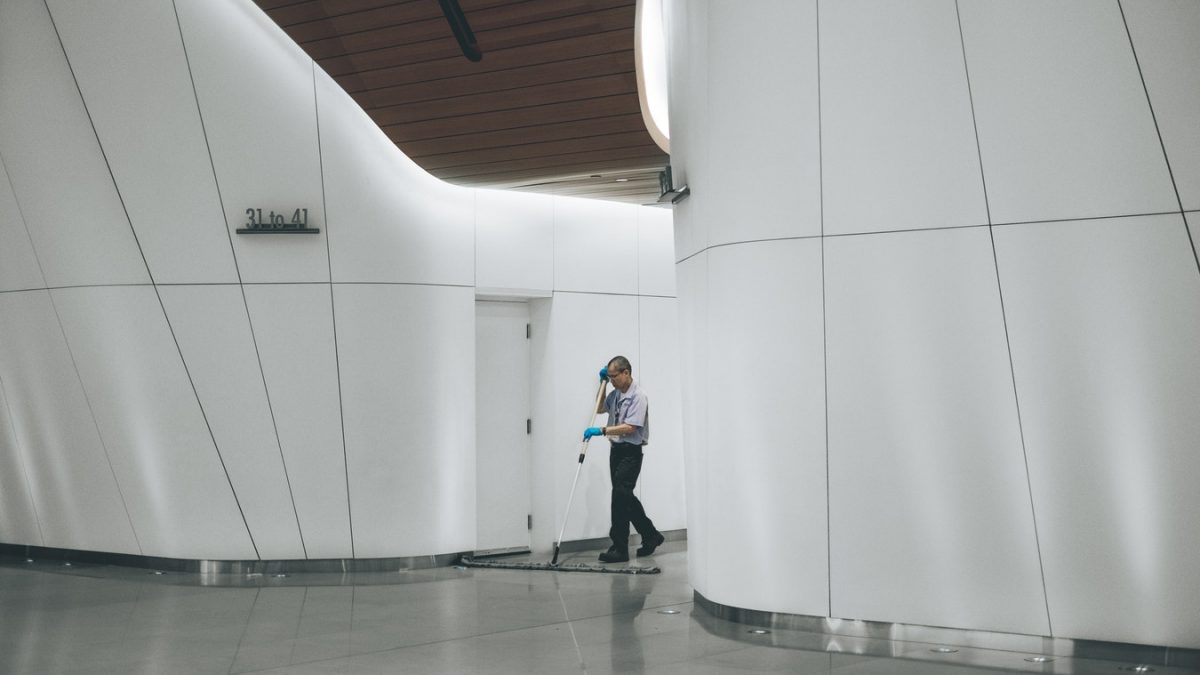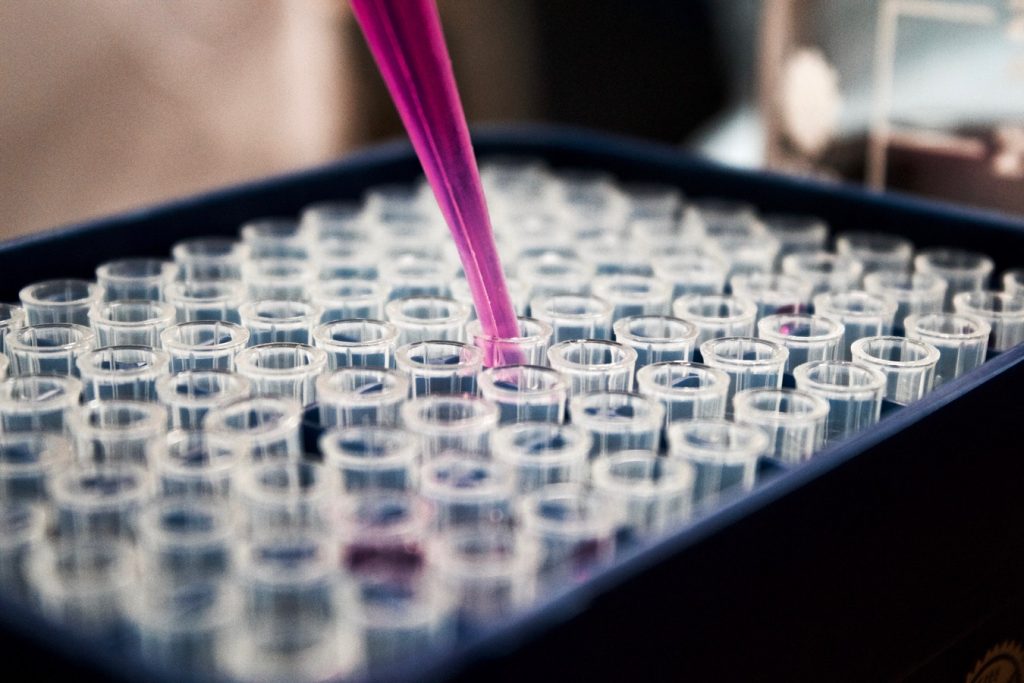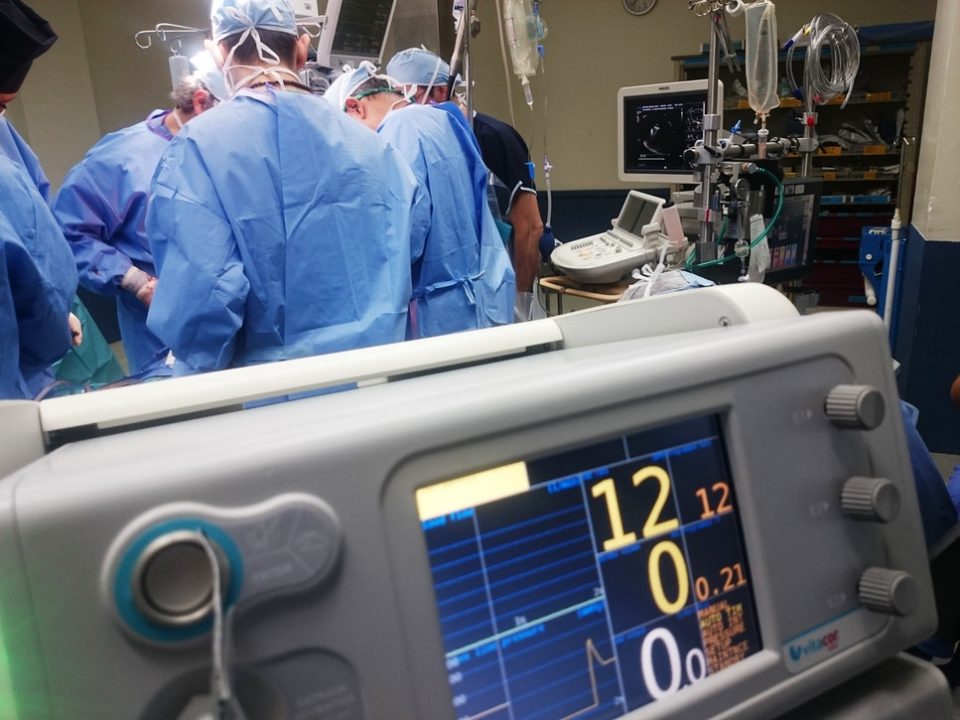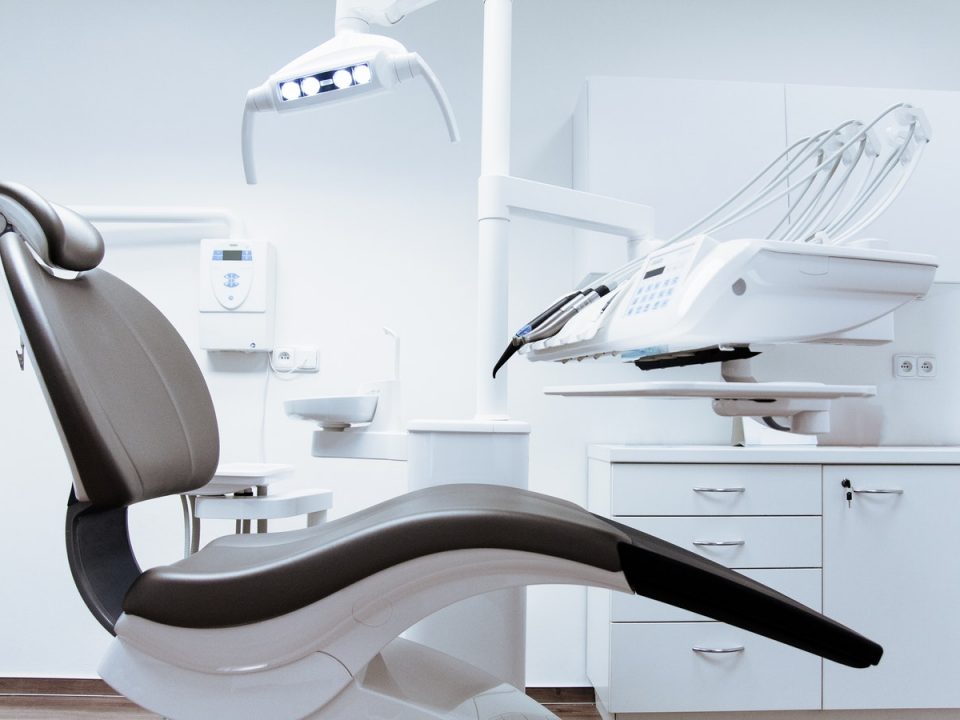Poor hygiene in hospitals and other medical facilities can put patients’ lives at risk, as viruses and bacteria can easily spread and cause deadly infections. There are a few superbugs that are most commonly found in hospitals – superbugs which increase the importance of effective disinfection!
Risk Factors Associated with Hospital Infections
- Length of operations and surgical procedures.
- Burns, wounds, ulcers, and incisions are susceptible to infection.
- Length of hospital stay.
- Use of medical equipment such as IV drips, urinary catheters, drain tubes, and respiratory equipment.
- Poor hand hygiene by patients, visitors, and hospital staff.
- Antibiotics being overused, increasing virus and bacteria resistance.
- Areas of higher risk, such as high dependency units and intensive care units.
E. Coli
Also known as Escherichia coli, E. coli has a more recent virus strand that developed resistance to the majority of available antibiotics. Dehydration and gastrointestinal infections are common with this virus, which tends to be caught in hospitals when individuals don’t wash their hands properly after going to the bathroom.

Pseudomonas Aeruginosa
This opportunistic pathogen takes advantage of open wounds to infect patients. It typically causes kidneys, lungs, and blood infections and it can be deadly. The pathogen exists in hospital environments, and it can easily spread through medical solutions, food, and medical equipment. Its protective outer layer has developed antibiotic resistance.
Tuberculosis
The transmission of this bacteria often results of patient-to-patient contamination, which is why tuberculosis is often found in both medical and nursing environments. There are some aggressive forms of this disease that have proven to be very resistant to antibiotics, which makes it extremely vital to properly disinfect surfaces.
MRSA
Staphylococcus aureus is a gram-positive bacterium that can cause impetigo, acute food poisoning, cellulitis, toxic shock syndrome, and more. MRSA stands for methicillin-resistant Staphylococcus aureus, which can spread through:
- Physical contact with someone infected or any surfaces/objects with MRSA.
- Immuno-compromised system, making patients more susceptible to infection.
- Feeding tubes, wounds, IV drips, urinary catheters, or burns allowing for the bacteria to enter the system.
Clostridium Difficile
Also known as C. diff, this virus can spread through contaminated objects and food due to poor hand hygiene. The virus’ spores can stay on surfaces, objects, bedding, and other material for months or years, making it vital for thorough and professional cleaning and disinfection. C. diff tends to become an issue after individuals take antibiotics for unrelated health conditions, which typically occurs in healthcare situations.
Vancomycin Resistant Enterococcus (VRE)
Resistant to the antibiotic vancomycin, VRE is common in medical settings in which patients have long-term care needs. The bacteria can seriously affect the body if it enters the bloodstream, the urinary tract, catheter insertion site, or a wound. Vancomycin has been around for around five decades and it was initially developed to treat MRSA and other penicillin-resistant infections.
UV-C disinfection helps to control cross-contamination of a variety of pathogens with just a few minutes of use in one go. It’s perfectly safe and easy to use – just get in touch to know more!





